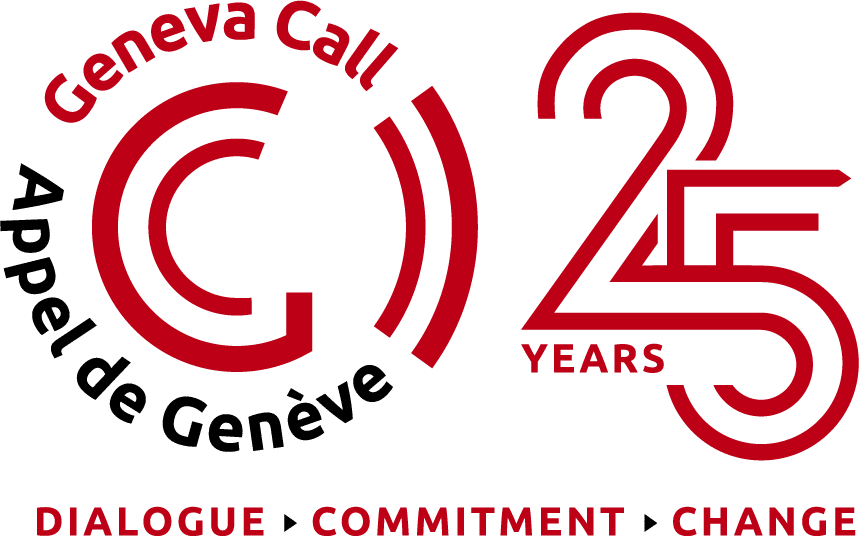Geneva Call takes steps to tackle the protection of education in Afghanistan
2 octobre 2018
In August 2018 Geneva Call organised a series of meetings with varied constituencies in Kabul and Kandahar. In addition to meetings with government representatives and other stakeholders, our staff also had the opportunity to visit numerous schools and to meet with teachers and children who had been affected by the conflict.
Several of the children in these schools had lost limbs after anti-personnel mines, often placed in and around the school itself, exploded and injured them. Today children have a dream: to go back to school. Nonetheless, getting to school is not yet safe for many of them:
‘I am happy that I am coming to school and the landmines are cleared from here. I live 30 minutes away from the school by bicycle. I lost my leg when a landmine exploded, which had been planted during the fighting in the village and many people were also killed by landmines’.
The use of these schools and other civilian infrastructure for military purposes had clearly become normalised by parties to the conflict, as was clear given the presence of government military forces in close proximity to the school our staff visited and despite the fact that Afghanistan is a signatory to the Safe Schools Declaration. Parents may interpret the presence of military or police near the school as a guarantee of safety for their children. However, to the contrary, this presence effectively turns the school into a legitimate military target. This clearly shows that there is a need to raise awareness among armed parties on the protection of education from military use and attack.
Given these concerns, our work in Afghanistan will initially focus on engaging armed groups and civilians to raise awareness of and increase respect for the protection of education and medical missions and the relevant norms of international humanitarian law regarding the protection of civilians in armed conflict.
We aim to set up offices in both Kabul and Kandahar in the near future to better enable us to carry out our operations. In developing our projects in Afghanistan, we will continue our existing close working relationship with the Norwegian Refugee Council office in country.

